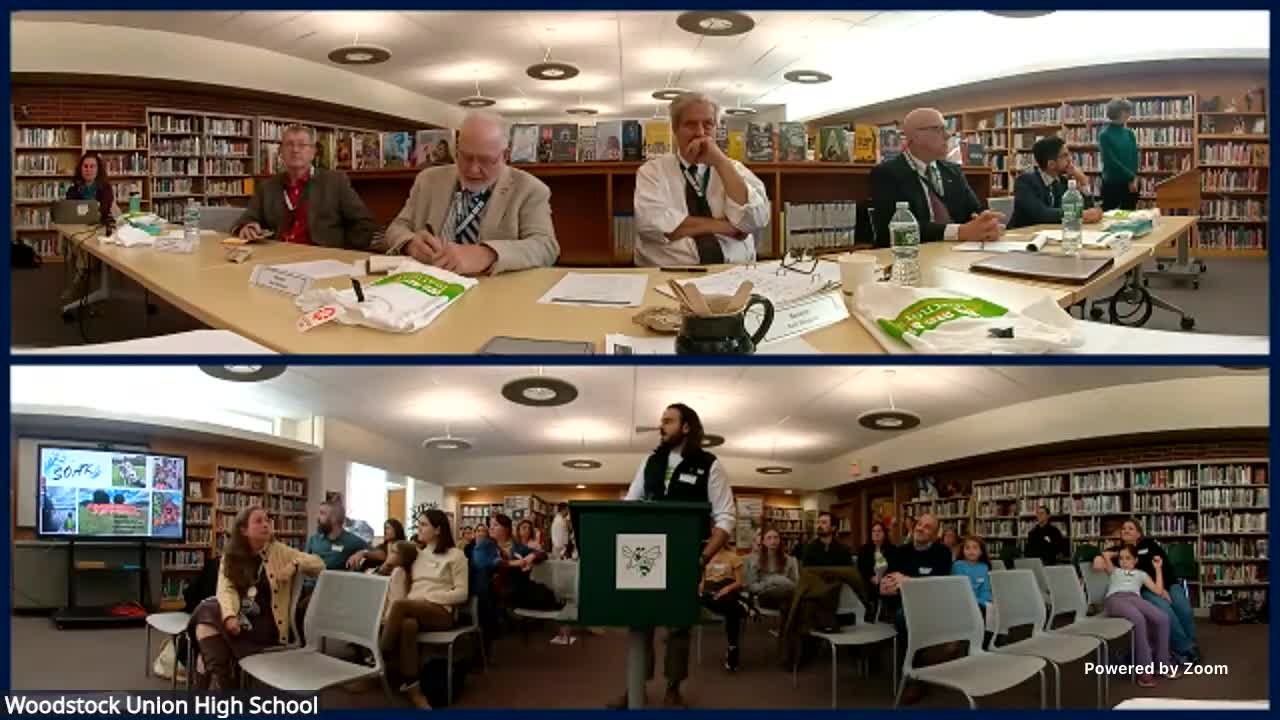Mountain View describes Summer SOAP and after‑school supports; leaders cite funding and staffing limits
Get AI-powered insights, summaries, and transcripts
Subscribe
Summary
District leaders told the Senate Education Committee their four‑week Summer SOAP program and after‑school partnerships reach hundreds but depend on tuition, Medicaid and fundraising; staffing shortages limit expansion and cannabis‑tax after‑school grants were not available to the district.
WOODSTOCK, Vt. — At a Nov. 18 session with the Senate Education Committee, Mountain View Supervisory Union leaders described Summer SOAP, the district’s summer academic and ESY (extended school year) program, and the district’s approach to after‑school programming and family communication.
Devin Workman, who directs the summer program, said Summer SOAP runs for four weeks in July and provides enrichment and ESY services; the program typically enrolls between about 110 and 210 students in different years and reserves scholarship dollars to keep tuition low. “Tuition is $200 a week for 8:30 to 3:30 programming, 5 days a week for 4 weeks of the summer,” Workman said, adding that funding also comes from Medicaid reimbursement for eligible services, local fundraising and grants.
Committee members asked how the district pays for after‑school programs. Presenters said the district partners with community organizations (for example, Killington Recreation and Concord Park programs) and uses a mix of partner‑run programs and district supports. Leaders said staffing is the limiting factor: small schools find it expensive and difficult to staff routine after‑school slots.
One senator asked about cannabis‑tax grants that fund after‑school programs in some communities; presenters said Mountain View generally does not qualify under the grants’ narrow eligibility rules. Workman also described a junior‑counselor program to provide paid summer roles for rising high‑school students and said expanding paid positions would require more funding and staff recruitment.
On family communication, the district said it adopted ParentSquare so families can choose receipt method (email/text) and timing of notifications; principals noted they limit public social media use and rely on classroom tools like Seesaw for preschool communication.
The committee did not vote on any matters during the visit; members thanked students and staff and continued questions about district funding and facilities priorities.
